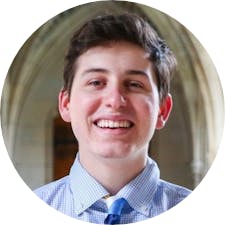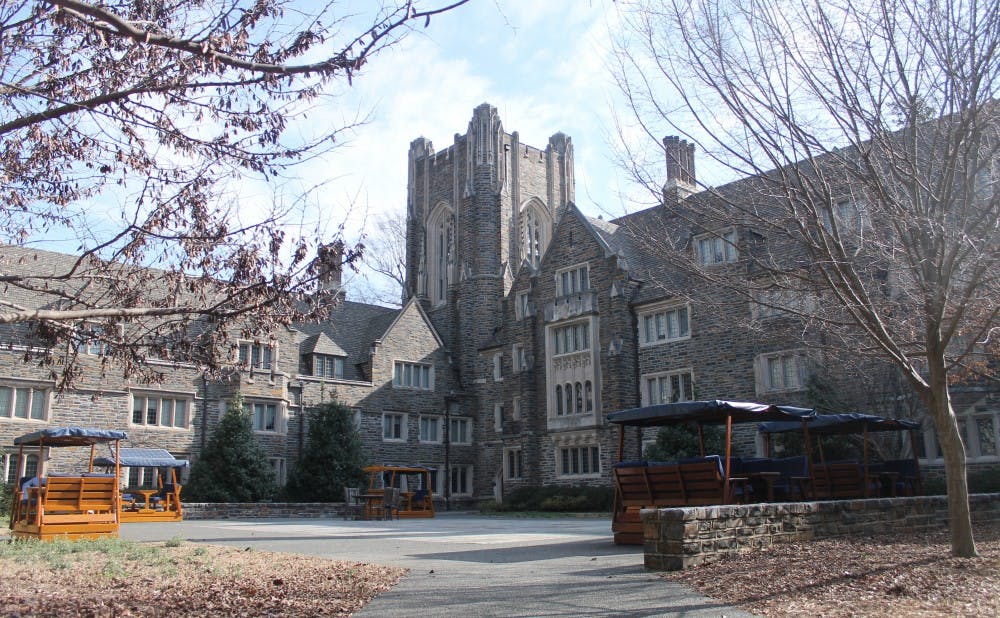At last year’s May Board of Trustees meeting, the trustees created four strategic task forces at the behest of President Vincent Price. Those task forces were designed to review certain aspects of the Duke experience and deliver reports on their findings and recommendations. They were comprised of faculty, administration, trustees and students.
After a year, the task forces sent in their reports to the trustees, who along with the administration will determine how to take the task force reports and turn them into policy that impacts the Duke community. Roughly a month after this year’s May meeting, Richard Riddell, senior vice president and secretary to the Board, released one page executive summaries of each of the reports.
Here, The Chronicle looks over the Next Generation Living and Learning Experience task force.
Read about the other task forces: Future of Central Campus, Advancing Duke Science and Technology and Activating the Global Network.
Next Generation Living and Learning Experience
The next generation living and learning experience task force summary did not offer much in the way of substantive plans to improve the Duke housing community, but it provided broad aims that could later guide action.
The summary presented the task force’s vision for how Duke should proceed with its living and learning communities. It suggested organizing houses into neighborhoods—not specifying if neighborhood is more figurative or literal, as in the quads that West Campus is divided into.
It offered some other planks for the administration to be guided by as it enacts policies going forward, such as increasing faculty engagement and developing “life skills learning modules” on topics like “personal discovery, well-being, citizenship, life and career skills.”
“We are fortunate to consider this question at a time when our residential experience is strong,” the summary states. “We are not in crisis, but there are several gaps in residential life that render a status quo position untenable.”
Four broad proposals were offered as well. The task force recommended expanding “affinity options, irrespective of how selective groups relate to housing.” It also suggested aligning SLG policies with core Duke values—without defining what that looks like in practice.
Additionally, the task force advised engaging alumni to aid in mentoring, networking and programming, and it recommended building a “multi-level social calendar.”
The summary hinted at another “multi-stakeholder” task force in the future on how selective groups relate to housing, but did not state why another one was necessary.
Multi-stakeholder committees were asked to finalize the “Next Generation Residential Life Experience,” enhance interaction between faculty and students in residential life, develop the learning modules and implement unspecified “pilot programs” for the next academic year.
“The task force agreed that we are well-positioned for change and our process should be guided by the goal of moving Duke from good to great,” the summary states.
Get The Chronicle straight to your inbox
Sign up for our weekly newsletter. Cancel at any time.

Jake Satisky was the Editor-in-Chief for Volume 115 of The Chronicle.

